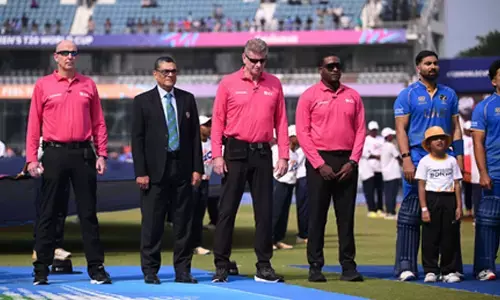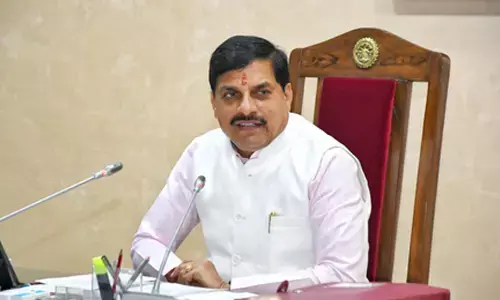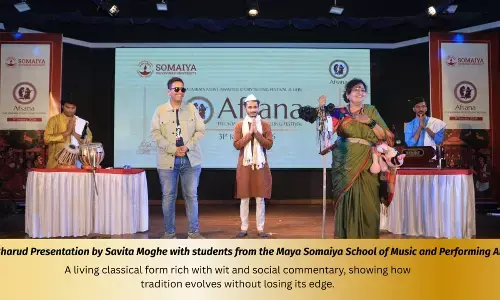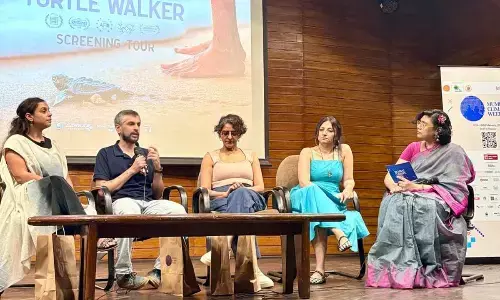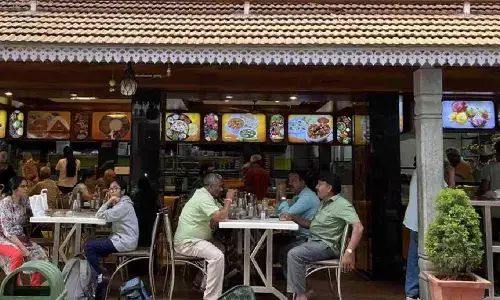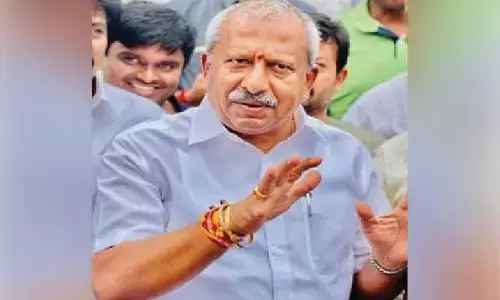The five takeaways from PM’s African Safari
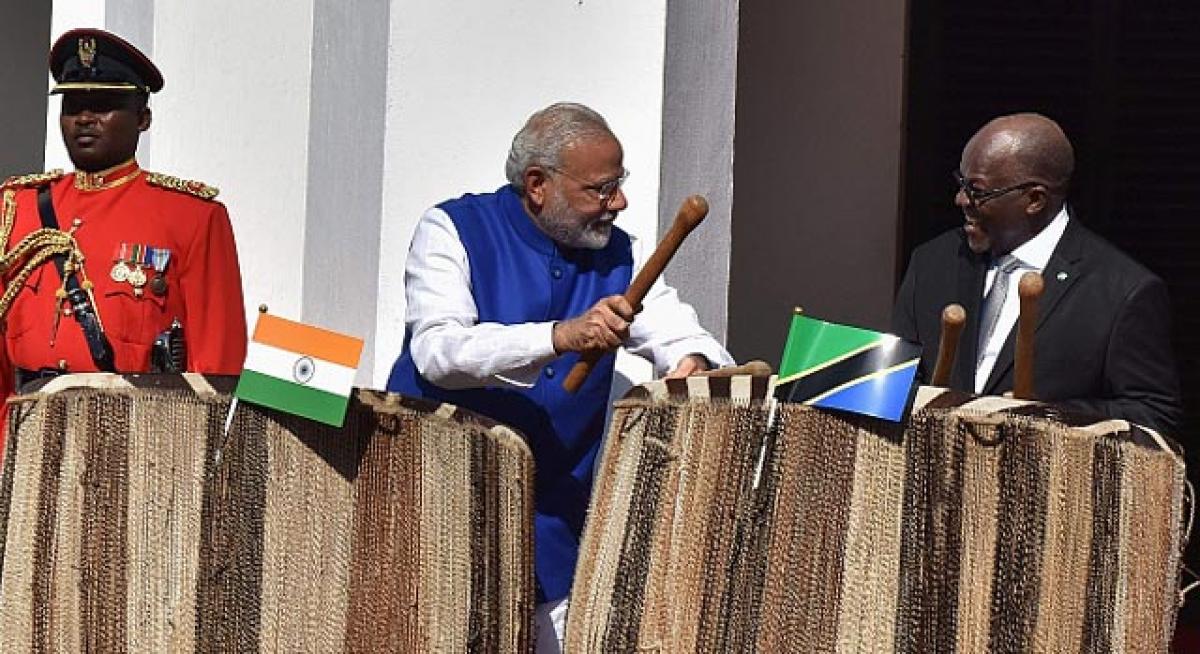
New contours of India-Africa ties were sketched by Prime Minister Modi’s during his four-nation tour – Mozambique, South Africa, Tanzania and Kenya recently.
New contours of India-Africa ties were sketched by Prime Minister Modi’s during his four nation tour Mozambique, South Africa, Tanzania and Kenya recently. Coming as it did on the heels of President Mukherjee and Vice President Ansari’s visit to several African countries earlier. Notably, the visit was significant primarily as it Modi’s first to Africa’s mainland even though he had visited Mauritius and Seychelles earlier as part of his three-nation tour of Indian Ocean countries.
The importance India gives to these countries is underscored by the fact that the third India Africa Summit of all 54 Heads of State was held in New Delhi October 2015 wherein the Prime Minister reaffirmed development and cooperation was the cornerstone of their partnership. Besides, this visit was mainly to bolster and sustain ties between India and energy-and resource-rich Africa given that the next Indo-Africa Summit will be held in 2020.
Undeniably, this new formulation goes beyond the traditional mix of post-colonial rhetoric, historical ties and diaspora links as it dovetails five substantial interests. One, economic as India's current trade with Africa is around $75 billion along with granting a whopping $$ 7.4 billion for various developmental and capacity building projects over the past four years.
Alongside, India’s premier export finance institution Exim Bank is slated to extend Lines of Credit worth $240 million to Kenya and Tanzania towards food security and rural development. Thereby, not only increasing import from India but also boosting South-South cooperation. Being a member of the African Development Fund (ADF) since 1982, India has implemented nearly 140 projects in 41 African countries since then.
Whereby our economic ties are more diversified than they once were. Much of the investment is private sector driven and in non-resource areas. True, Modi emphasised on building ties through the Indian Ocean region proposing the ‘blue economy initiative’ which aims to build on maritime links between India and Indian Ocean Rim countries with an aim to strengthen ties with them as they are also on the Chinese radar.
In fact, during the Summit New Delhi had announced a doubling of India’s assistance to African nations, with $10 billion as concessional loans over the next five years. It also offered $600 million in grant assistance for focused spending on key areas like healthcare, education and technology. In return, India sees African citizens as prospective medical and education tourists, to bolster our economy.
Two, as a development partnership which intends providing Africans better access to technical education and healthcare. Calling Mozambique a trusted friend and reliable partner, Modi announced India would donate medicines for treating AIDS as part of efforts to beef up its public health.
Towards that end New Delhi also provided a $92 million credit line to improve Zanzibar’s water supply system. The Prime Minister highlighted deepening cooperation in hydrocarbons as Mozambique is the third largest exporter of natural gas after Qatar and Australia.
Three, a nascent security relationship which conflates common concerns vis-à-vis Islamic terror with India wanting to blanket the Indian Ocean with a network of ties which look first to New Delhi rather than Washington or Beijing. Importantly, this trip was mainly to address maritime security, piracy, defence and security partnership especially in the maritime domain.
China’s first overseas naval base in Djibouti where the Red Sea confluences with the Indian Ocean is a development New Delhi cannot take lightly. Consequently, India extended her hand to Mozambique’s security forces to help them build their capacities. Similarly, it looked for deeper engagement with South Africa in defence manufacturing.
Four, strengthening cultural linkages with Africa, whereby Modi’s programme in South Africa spanned not only Pretoria, Johannesburg, Durban and Pietermaritzburg but he also visited the Phoenix Settlement and Pietermaritzburg Station, two places closely associated with Mahatma Gandhi’s stay there.
With strong historical ties with over ten million Indians and Asians living in South Africa, the Prime Minister reached out to this vast section and lauded them for assimilating with African society, even as they retained their ‘Indianess’.
Five, he honed Indo-African strategic angle whereby it gives New Delhi a chance to kick start its next round of talks in its campaign for the Nuclear Suppliers Group (NSG) membership especially because South Africa was one country which supported India’s NSG bid. Clearly, New Delhi has a great vision for Africa but the repeated assaults on blacks on the Indian soil chip away the goodwill created over the years.
By Amrita Banerjee


